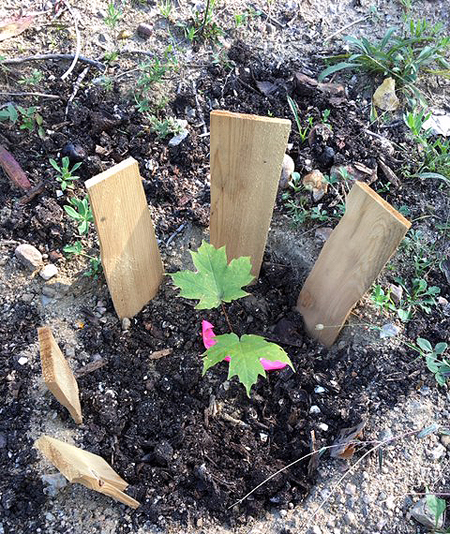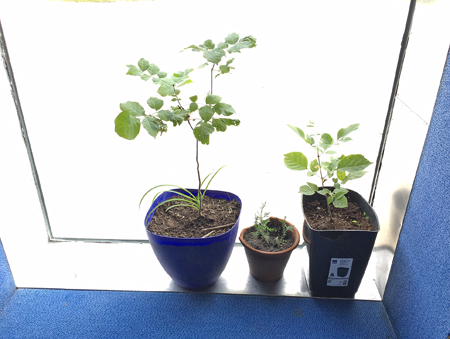People around the world banded together recently to urge for change to help earth.
At school I see a wide range of views from young students. Most are keen to help but can be limited in knowledge and resources. What can you do to help young people help the planet?
• Lead by example!
Children are sponges and mimic those they hold in high regard. If you compost, recycle and pack lunch with re-usable containers, it’s likely they will, too. Our son came home and told me he needed a container to bring his lunch/snack compost waste home. He made me smile. His teacher is making a difference.

• Talk
In class we talk about factors affecting the environment. Discuss options for getting around: using bikes, public transit, electric/hybrid and gas car.
Discuss the benefits? Costs? Modelling critical reasoning is a valuable skill for youth to experience (and adopt.)
It doesn’t take a lot for young people to understand and appreciate .
• Bring nature to the classroom
I love trees!
I bring trees and plants into classroom learning. Trees can be used in science (soils, life, photosynthesis) and in literacy (describe/compare, narrative, read aloud…)
In math, trees can be used to recognize and create patterns as well as measurement.
After a month of learning, we plant the class tree somewhere at the school. I asked one student if she ever went to see her class tree. Without hesitation she beamed “Everyday!”
Trees can be a powerful learning tool! Bring your own environmental passion to the classroom.

• Goals
Set goals with your students/children. Every little positive environmental action helps…
Will you:
1. Plant trees?
2. Walk, bike, car pool?
3. Reduce/eliminate purchases with excessive packaging?
4. Compost
5. Choose alternatives to fossil fuels?
Help the earth.
Teach the children…
